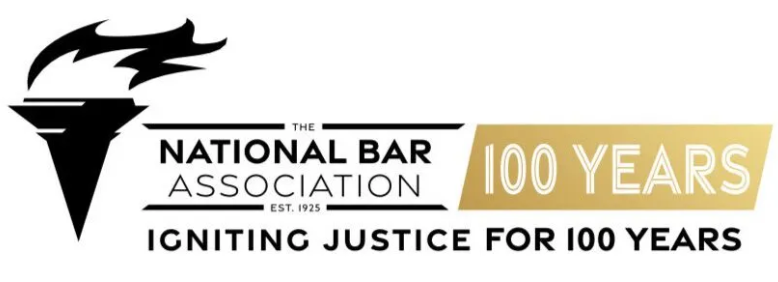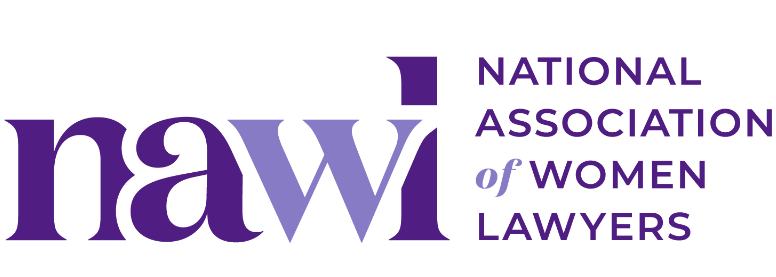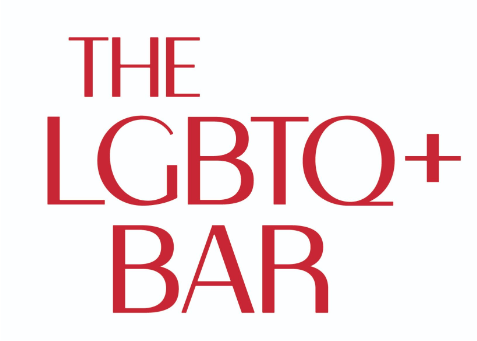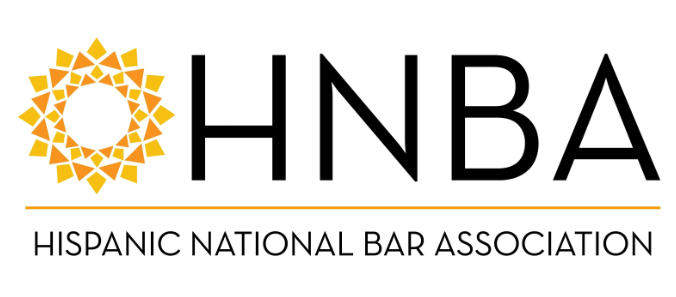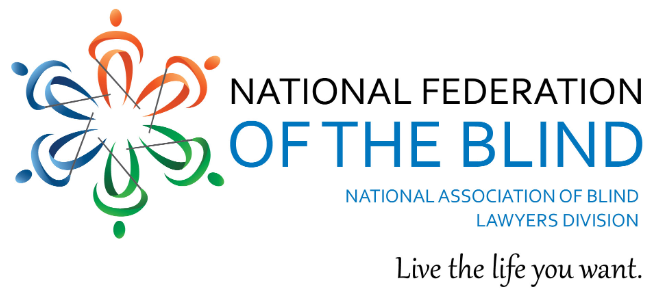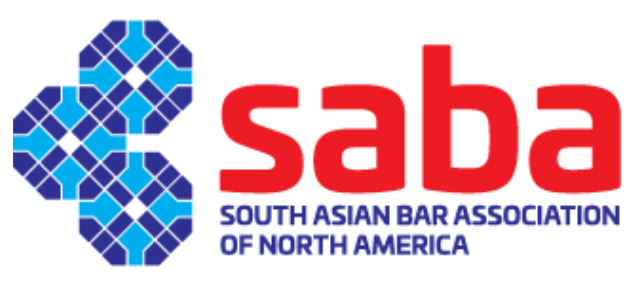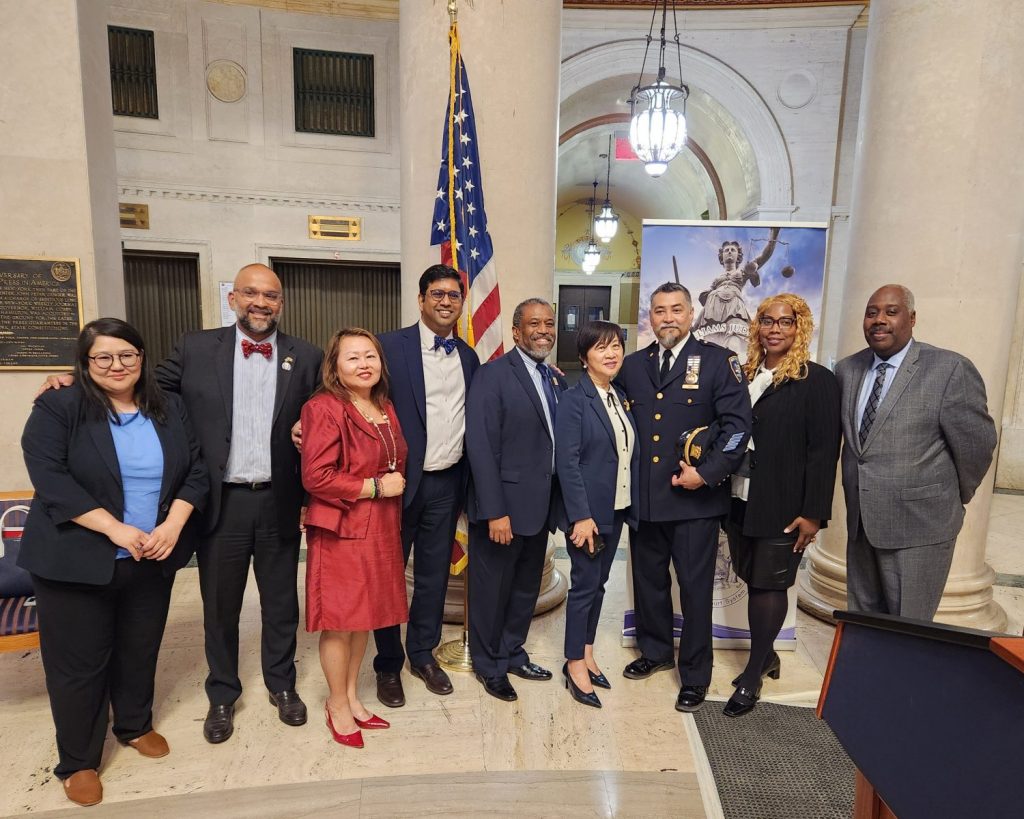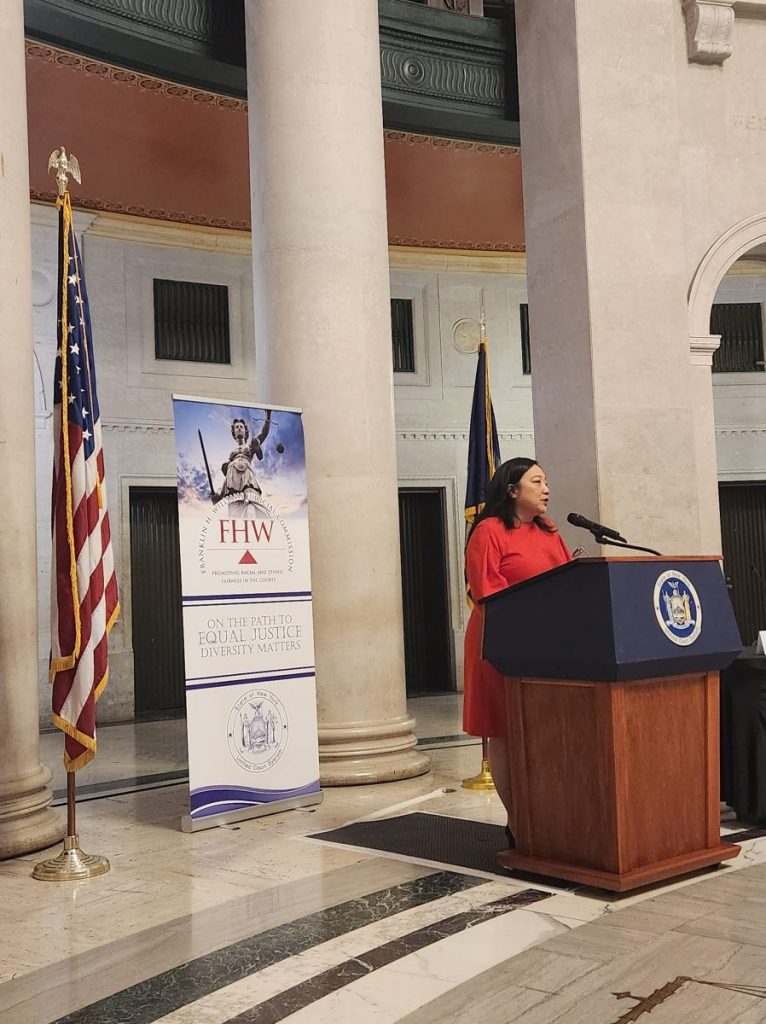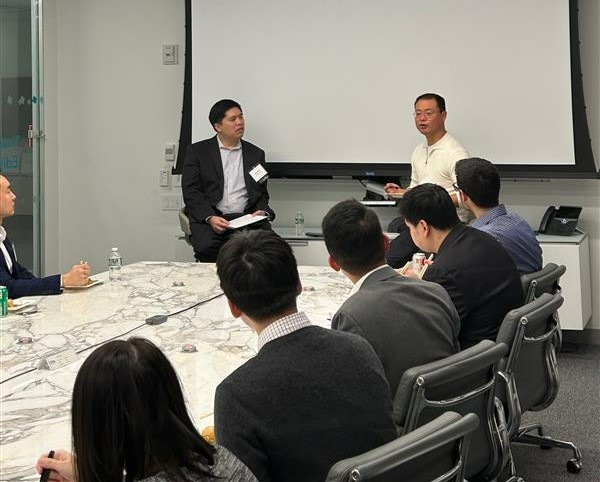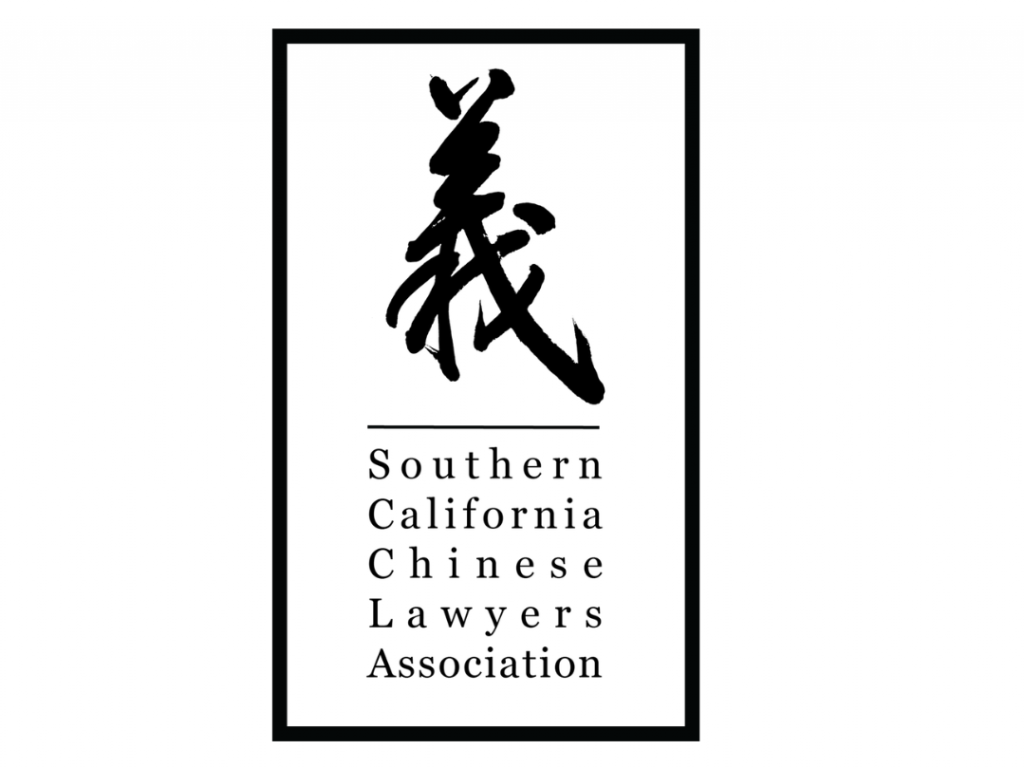On September 27, 2024, AABANY co-sponsored the 17th Annual Caren Aronowitz Unity in Diversity Program, held in the Rotunda of the New York County Courthouse, celebrating the importance of diversity within the legal profession. Bar associations from all across New York were in attendance, including AABANY, the Brehon Law Society, the Filipino American Lawyers Association of New York, the Iranian American Bar Association, and the Macon B. Allen Black Bar Association. In total, 25 bar associations were represented, with each bringing their own unique food selections for the public to enjoy, ranging from pizza and pasta to empanadas and sushi.

The program began with a loud and lively musical performance by the New York State Courts’ Pipes and Drums Band. Attendees responded with enthusiastic cheers and applause.
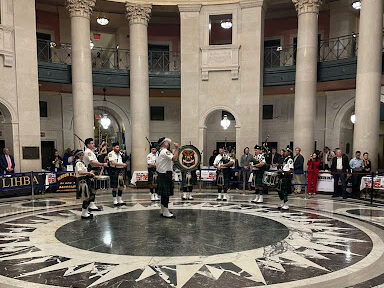
Afterwards, Hon. Adam Silvera, Deputy Chief Judge for the New York City Courts, spoke, sharing a brief background of the event and its purpose. He explained that this was the first time the event had been held since the COVID pandemic, making it especially important. Hon Deborah A. Kaplan, Deputy Chief Administrative Judge for the New York City Courts, also spoke, describing the event’s dedication to the late Caren Aronowitz, a beloved court employee who was instrumental in organizing many of the courthouse’s events.
The main part of the event then began. Hundreds of members of the public walked around the Rotunda, visiting each bar association’s respective table, enjoying the prepared foods. AABANY brought over a hundred banh mi sandwiches, with five different variations: beef lemongrass, curry chicken, a house special, lemongrass tofu, and pate supreme. By the end, all of the sandwiches were gone!

Thanks to the following groups for organizing this event: the Gender Fairness Committee, Supreme Court, Civil Branch, New York County; the Equal Justice Diversity Equity, and Inclusion Committee; the Cultural Diversity Sub Committee; and the New York County Clerk’s Office. Thanks to everyone who attended to make this event such a great success.




